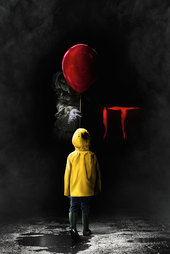The Vampire Diaries
Join the community
Please enter all the fields
Please enter a correct Email
Yahoo emails are not allowed
This Email is already registered in Simkl
Name too short
Password is too short
You can choose a password length of not more than 50 characters. Do not forget to switch keyboard layout to the English. Do not choose a password too simple, less then 4 characters, because such a password is easy to find out. Allowed latin and !@#$%^&*()_-+=., characters
Create Free Account
Already have an account? Enter
Back
Welcome back!
Please enter all the fields
Incorrect login or password entered
Sign In
Forgot your password?
Don’t have an account? Create Account
Back
Forgot your password?
Please enter your Email
This Email is not registered in Simkl
Failed to send email, try again later
Don't worry. It's easy to reset.
Please enter your Simkl username or E-mail from your account to start the password recovery process.
Please enter your Simkl username or E-mail from your account to start the password recovery process.
Reset Password
We have sent instructions to the email address you provided during signup. Please follow the link from the email to continue.
Back





